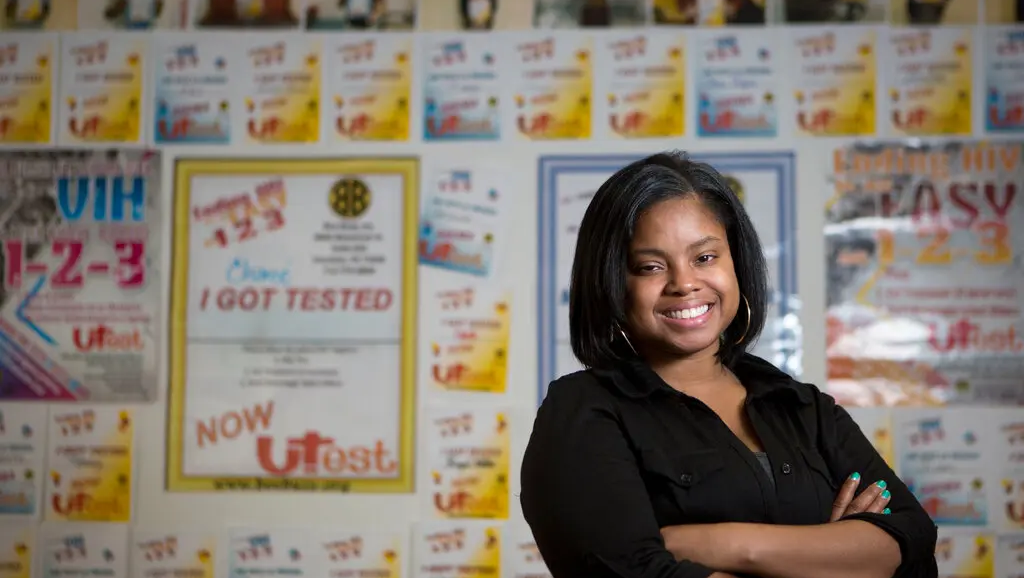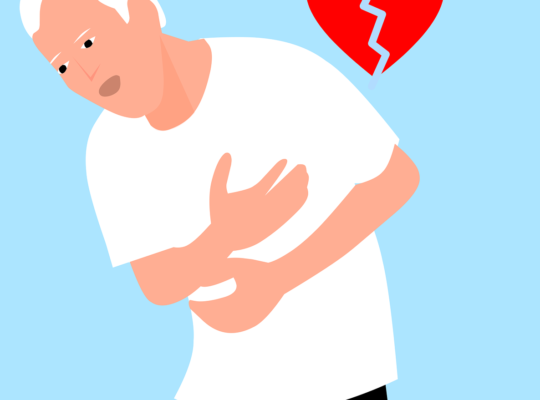

Hydeia Broadbent, who was born with HIV and grew up to become a prominent spokesperson for the virus and AIDS, passed away at her Las Vegas home on Tuesday. Her age was 39.
Loren Broadbent, her father, verified the death. There was no explanation provided.
According to her website, Ms. Broadbent started discussing her battle with HIV on television shows when she was just 6 years old. Her goal was to educate the public during an epidemic that caused fear and stigma around AIDS.
When Ms. Broadbent was seven years old in 1992, she was interviewed next to basketball player Magic Johnson, who gained notoriety in the fight against HIV and AIDS following his own diagnosis.
“I want people to know that we’re just regular people,” Ms. Broadbent said to Mr. Johnson, fighting back tears with a crumpled face. “We are just regular people,” he comforted her. A snippet of the exchange was shared online by Mr. Johnson on Wednesday as a memorial.
Considering how young I was, I think it just opened a lot of people’s minds that H.I.V. can happen to anybody,” Ms. Broadbent said of the Mr. Johnson interview in a 2006 interview with The New York Times.
According to her website’s biography page, Ms. Broadbent had told her story to many national television audiences by the time she was twelve. She discussed the several health challenges she had faced as a youngster when she made an appearance on “The Oprah Winfrey Show” at the age of 11.
On June 14, 1984, Hydeia Loren Broadbent was born in a Las Vegas hospital. According to her online biography, Loren and Patricia Broadbent adopted her after she was abandoned at infancy.
Despite having HIV from birth, her condition was not identified until she was three years old.
Ms. Broadbent’s sickness hindered her ability to learn, preventing her from going to school until the seventh grade. She participated in a program at Odyssey High School in Las Vegas that let her use a computer at home.
“My daughter’s illness prevented her from receiving a formal education,” Patricia, her mother, stated in a 2001 Times piece about teenagers with AIDS. “Keeping her healthy was more important to me than school.”
Even when she reached adulthood, Ms. Broadbent persisted in giving public speeches about HIV/AIDS. She gained recognition for her work, especially from African Americans. According to her biography, Ebony magazine listed her among the “Most Influential 150 African Americans” twice, in 2008 and 2011.
As an adult, Ms. Broadbent concentrated on educating the public about prevention and battling the stigma and false information around AIDS.
“I have devoted my entire existence to this battle,” she stated to CNN in 2012. “I don’t detest who I am. I consider myself quite fortunate. On the other hand, their life doesn’t have to be mine. When it came to HIV/AIDS, I was powerless, but others are free to choose.







